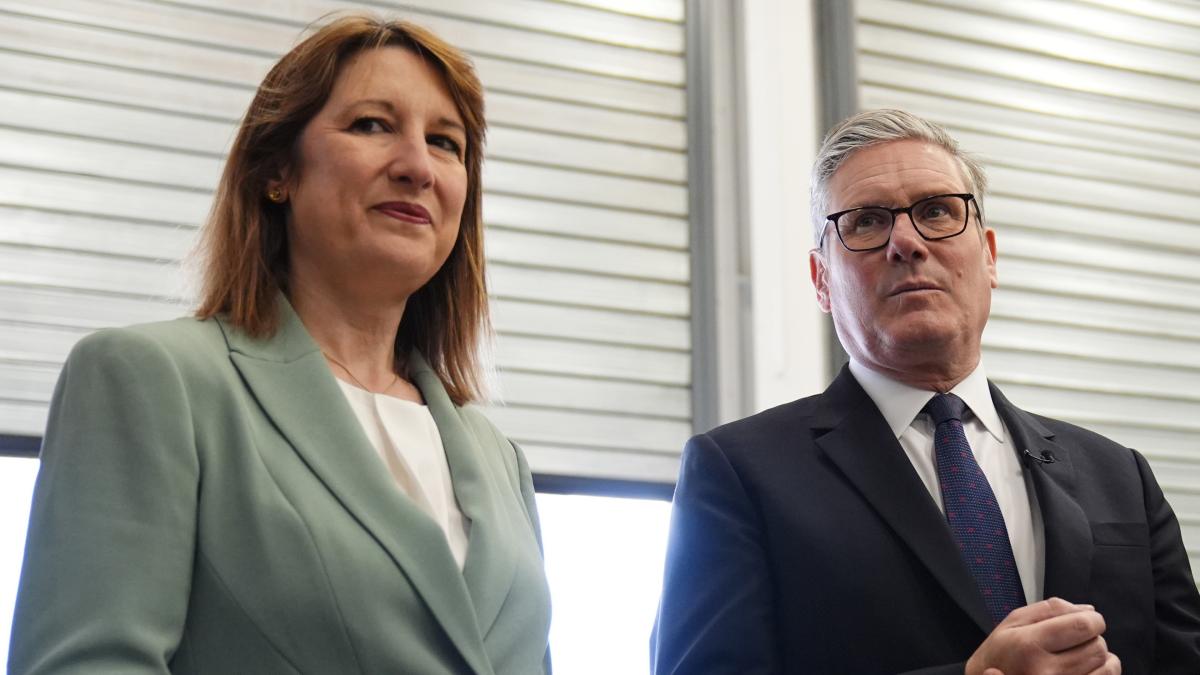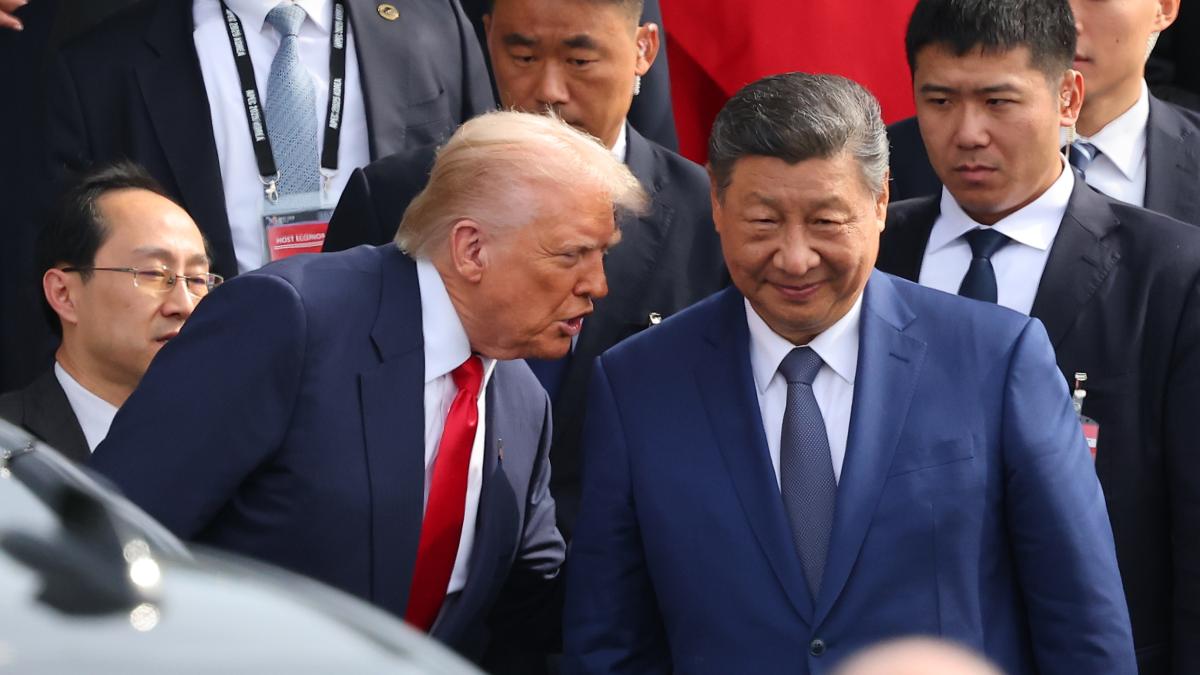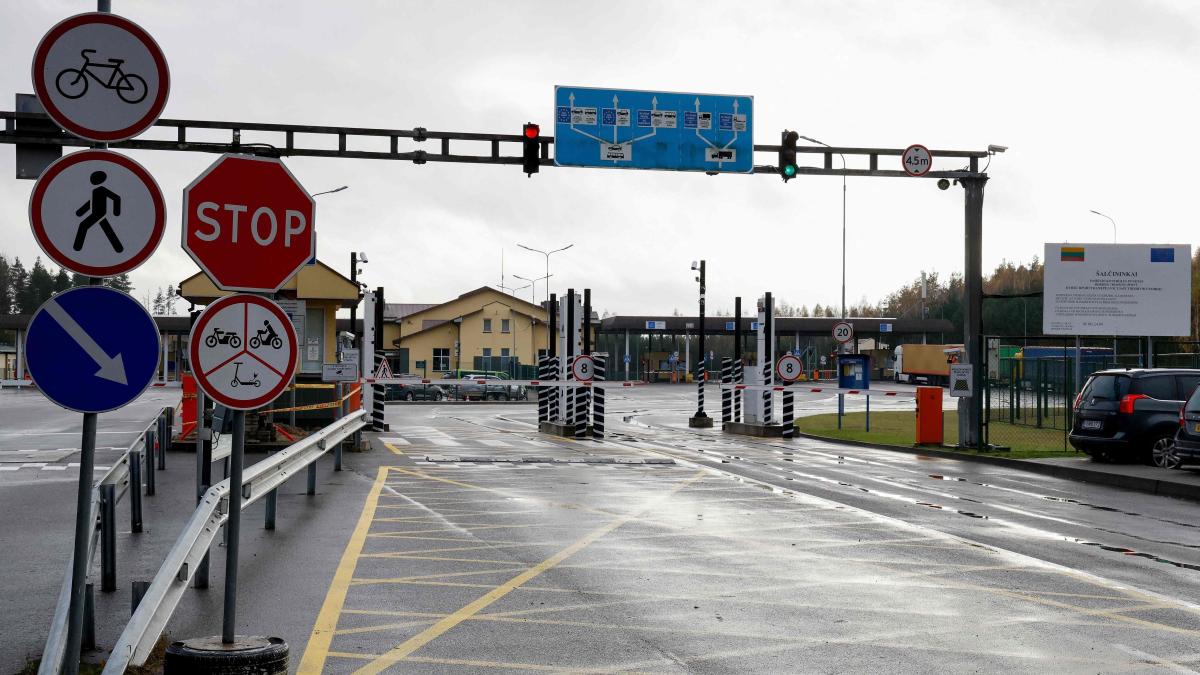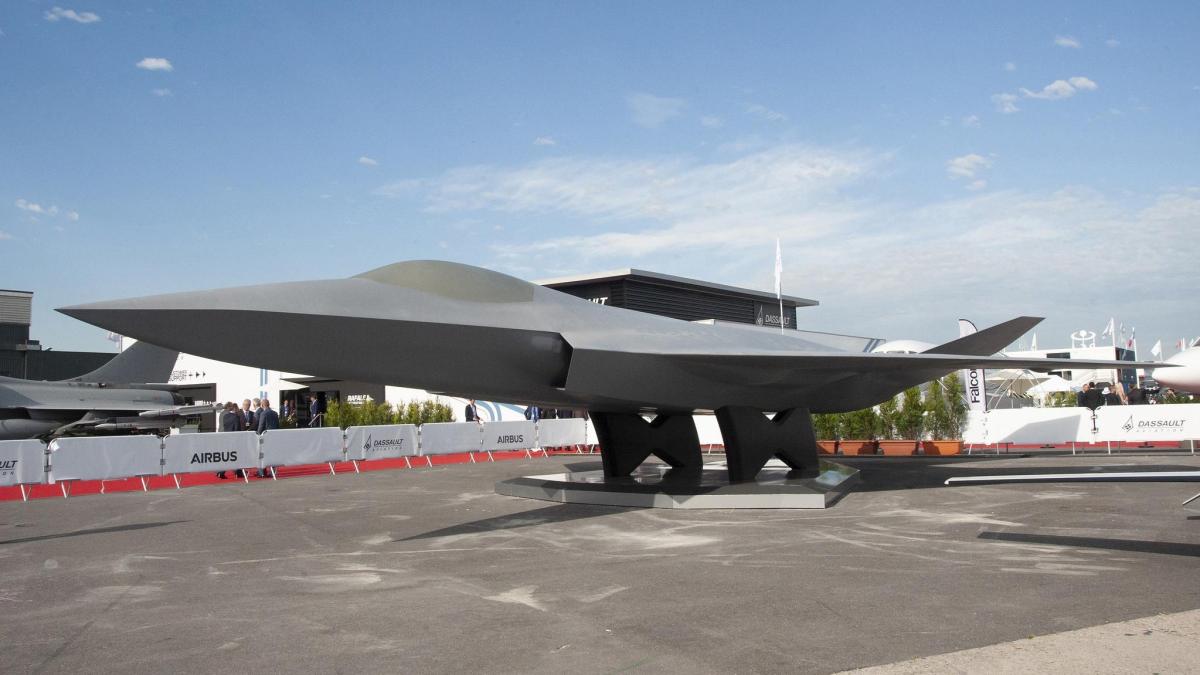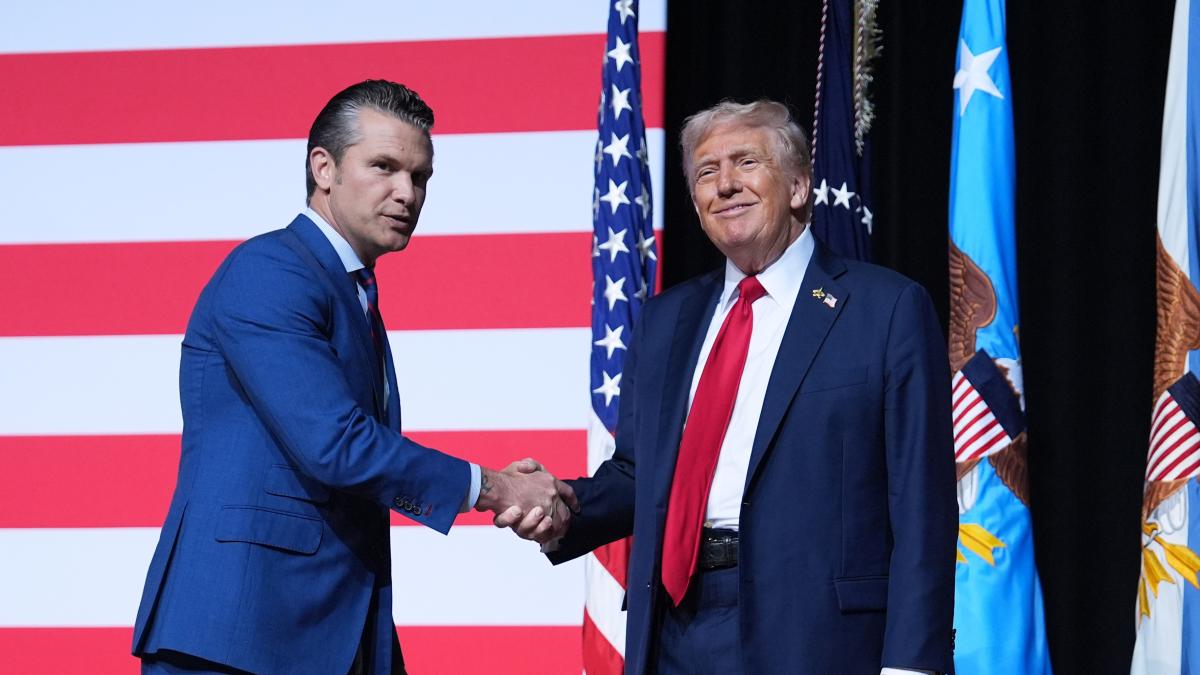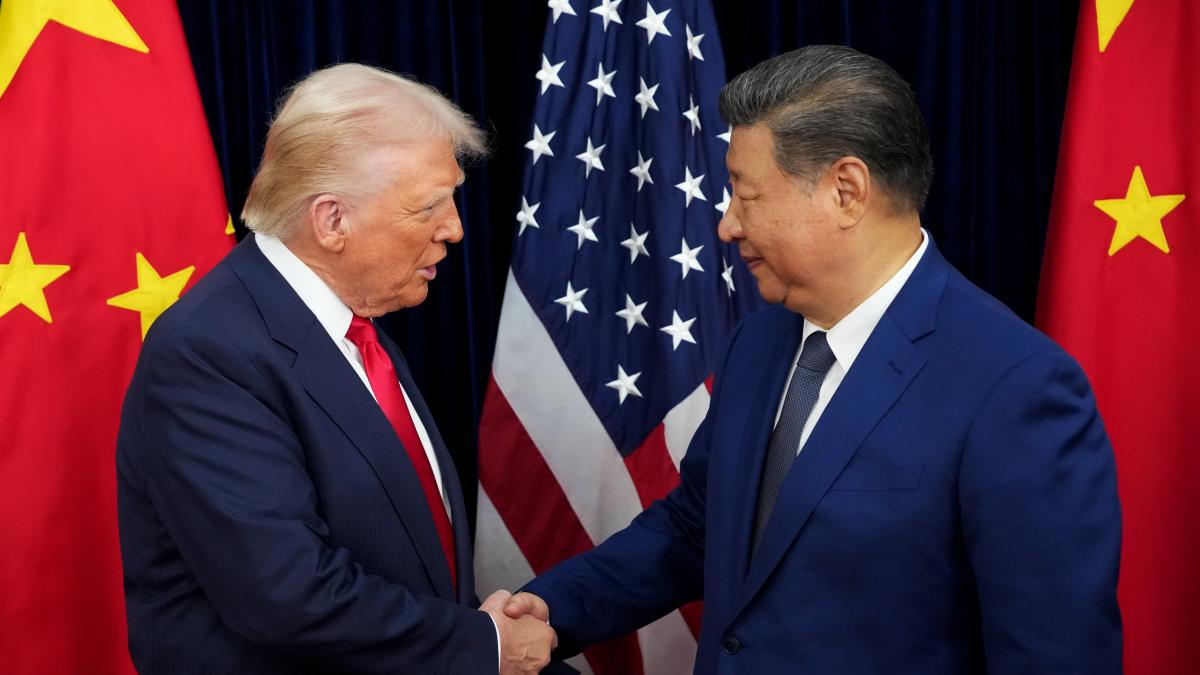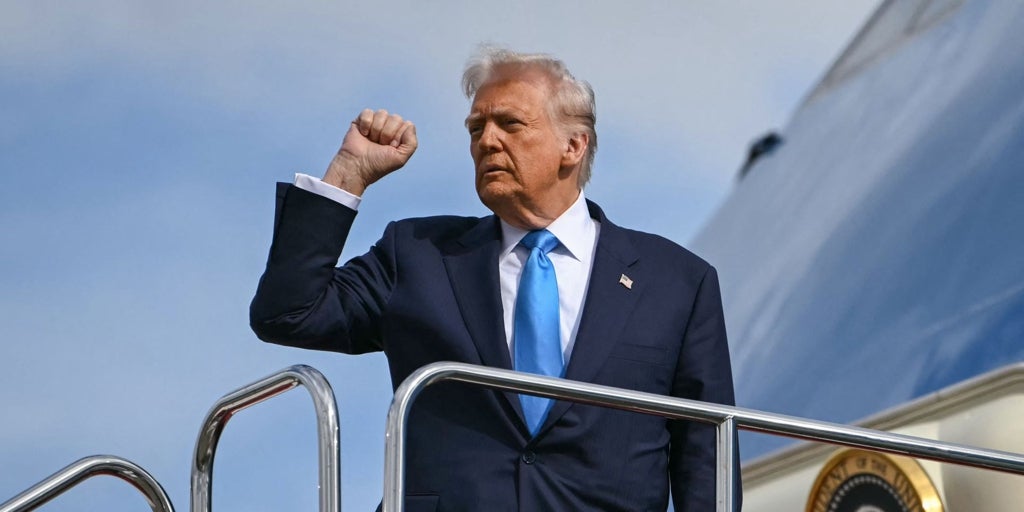“`html
Hungary’s Stance: An Unyielding Block on EU Sanctions Against Russia
In a bold move that has sent shockwaves through the European Union, Hungarian Prime Minister Viktor Orbán is defying his European counterparts by blocking the renewal of community sanctions against Russia. These sanctions, which inhibit trade and cripple the finances of the Russian Central Bank, are due for renewal before January 31. Yet, Hungary—the so-called ‘crown jewel’ of the right-wing resistance—continues to play the game on its own terms, flaunting its loyalty to Vladimir Putin while claiming the sanctions wreak havoc on its economy.
The Gas Dilemma: Hungary’s Bargaining Chip for Russian Resources
Orbán’s strategy was no secret, as he has now pivoted to capitalize on the presence of Donald Trump in the White House. Initially waiting for the new administration, he has now exposed his next move: pressuring the EU to persuade Ukraine to lift its ban on Russian gas imports. “It is unacceptable that we suffer the economic consequences of sanctions to help Ukraine,” he declared defiantly in a recent radio interview, emphasizing his commitment to protect Hungary’s interests.
“We will not allow it,” Orbán asserted, clearly positioning Hungary’s needs above all else.
This stance is particularly alarming since Hungary remains heavily dependent on Russian gas, with a staggering 80% of its energy coming from Moscow. While Western nations scramble toward energy independence, Hungary digs in its heels, refusing to budge from its reliance on Russian resources.
Pressure Mounts on Hungary: Will Orbán Yield?
However, cracks are beginning to show in Orbán’s steadfast resolve. During a recent ambassadors’ meeting in Brussels, although Hungary blocked the sanctions’ renewal, it accepted that this issue will be on the agenda for today’s summit. With President Trump signaling tougher sanctions against Putin, Orbán might be feeling the heat to align himself more closely with EU allies or risk isolation.
“He is playing with fire if he really keeps going with this,” warned a diplomatic source.
It is imperative for Hungary to understand that while it seeks to play the part of the lone wolf, the reality is that blocking these sanctions will have dire consequences. Not only will Hungary face internal backlash within the EU, but its stance could also alienate it from the G-7 nations, especially with ongoing financial support initiatives for Ukraine relying on frozen Russian assets.
Orbán is indeed navigating treacherous waters, and as tensions escalate, it’s clear that this situation demands a serious reevaluation of Hungary’s diplomatic strategies. One can only wonder: will the pragmatic Prime Minister finally capitulate, or will Hungary continue its rebellious path toward economic peril in the name of costly alliances?
“`



